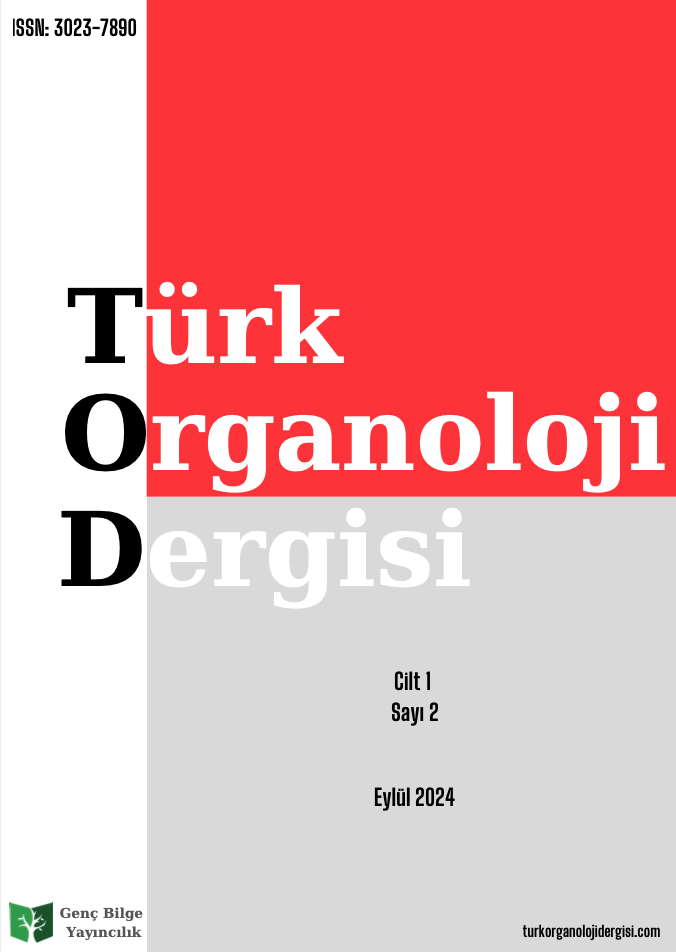Panduri: an organological and cultural study in Georgian folk music
Keywords:
Panduri, Georgian music culture, traditional musical instruments , organology, polyphonic music, music educationAbstract
The Panduri is a traditional stringed instrument that holds an important place in Georgian folk music. Within the polyphonic music tradition of Georgia, the Panduri has deep musical and cultural significance. Recognized by UNESCO as an Intangible Cultural Heritage, Georgian music has been enriched by the Panduri, which has become an important symbol of Georgian identity. The aim of this study is to examine the historical origins, structural features, and role of the Panduri in Georgian music education. The research was conducted using qualitative methods and employed a descriptive research design based on a survey model. Variations of the Panduri in different regions, its structural features, and its place in music education were investigated through literature review. Additionally, the historical development of the Panduri was evaluated using data obtained from various academic sources. Distinct musical diversities have been found in the use of the Panduri across different regions of Georgia. A smaller and thinner Panduri is used in Kakheti, while a larger and thicker type is preferred in the Svaneti region. Innovations made in 1934 led to the development of a 12-fret Panduri model, which has also found use in classical music. The Panduri plays an important role in weddings, funerals, and religious rituals. The research has shown that this instrument is a significant cultural and musical tool that supports the polyphonic structure of Georgian folk music. The Panduri is regarded not only as a musical instrument but also as an important symbol of Georgian cultural identity. Its various regional variations reflect Georgia's rich cultural diversity. The role of the Panduri in music education emphasizes the importance of this instrument in preserving cultural heritage and ensures its transmission to younger generations.
Downloads
Published
Issue
Section
License
Copyright (c) 2024 Journal of Turkish Organology

This work is licensed under a Creative Commons Attribution-NonCommercial-NoDerivatives 4.0 International License.




